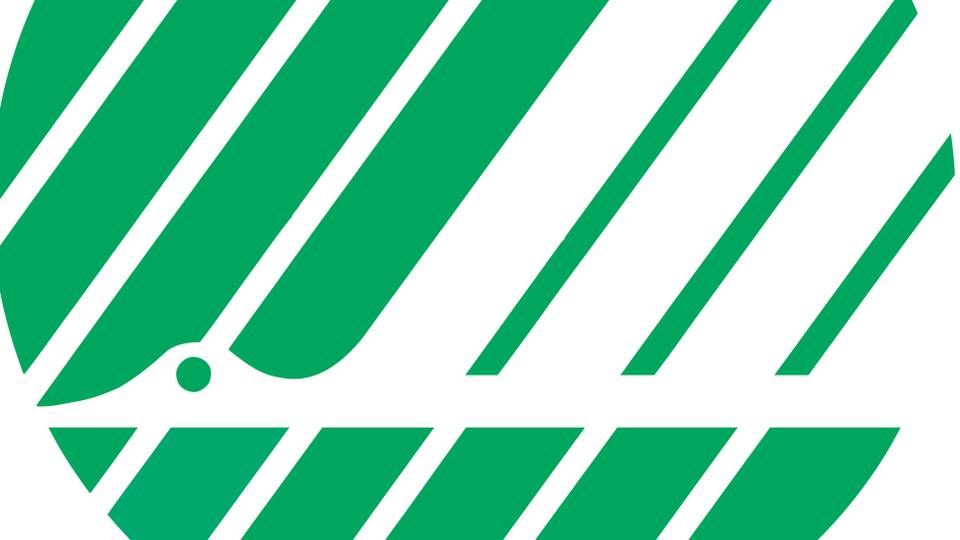Investment lobby: Eco-standards could exclude US Treasury bonds

Proposed criteria for how an investment fund can become labeled with the Nordic Swan Ecolabel are too harsh and illogical, according to criticism from the Danish Investment Fund Association (IFB), which is the Danish industry organization for investment funds.
This statement is made in a consultation response from IFB based on the proposal for the Nordic Swan Ecolabel to be used for certification of investment funds. The eco-label is currently most well-known from household items such as shampoo and makeup.
"IFB assesses that the proposed criteria for the Nordic Swan Ecolabel will make it difficult for the majority of Nordic investment funds to obtain approval for the labeling, and that only a few dedicated funds will be able to live up to requirements. Furthermore, several of the criteria seem to be costly to comply with, and since investors will ultimately be footing the bill, as they pay the expenses, it should be expected that just a few funds will be labeled with the Nordic Swan," IFB states in the response.
The Nordic Swan Eco-label is an independent nonprofit organization, founded in 1989 by the inter-governmental Nordic Council of Ministers. Since then, the organization has certified products ranging from shampoo to children's toys. But beginning this June the organization also plans to certify and label investment funds, if the investments meet certain environmental standards.
Inexpedient exclusion of bonds
Among the proposals for new investment standards criticized by IFB is, that to obtain the ecolabel, investments may not be made in public bonds issued by countries which have not ratified either the UN convention for biological diversity, or the Paris climate accord.
IFB points out that this could potentially exclude US government bonds as the US has not signed the UN convention, and will possibly withdraw from the Paris deal.
"If the proposal is maintained as is, a significant part of the bond market will be excluded as an investment opportunity, which is in no way ideal. IFB suggests that this is considered more thoroughly," IFB writes.
The criteria to have no exposure in GMO crops is likewise criticized by IFB. According to the association, there is no knowledge of screening agencies which screen for GMO crops.
"IFB does not find it logical to screen for GMO crops as screenings are not conducted for other criteria with more direct environmental impact, such as dangerous chemicals," IFB writes.
For this reason, IFB suggests that the screening requirement is changed to an information requirement about how the investment fund relates to GMO crops.
Too expensive
However, IFB does not find all of the requirements too harsh.
On the contrary, the organization wants the demand for the number of companies in a portfolio with high marks on ESG parameters to be raised from the proposed 50 percent. IFB also proposes to raise the share of 90 percent of the content in the portfolio having to be screened on ESG parameters.
Finally, IFB finds the proposed costs of being ecolabeled too high. The proposed price is EUR 3,000 to apply for the certification, along with a variable fee of 15 euro per one million euro under management certified under the new eco-label. IFB suggests a maximum price in the pricing model.
English Edit: Gretchen Deverell Pedersen













